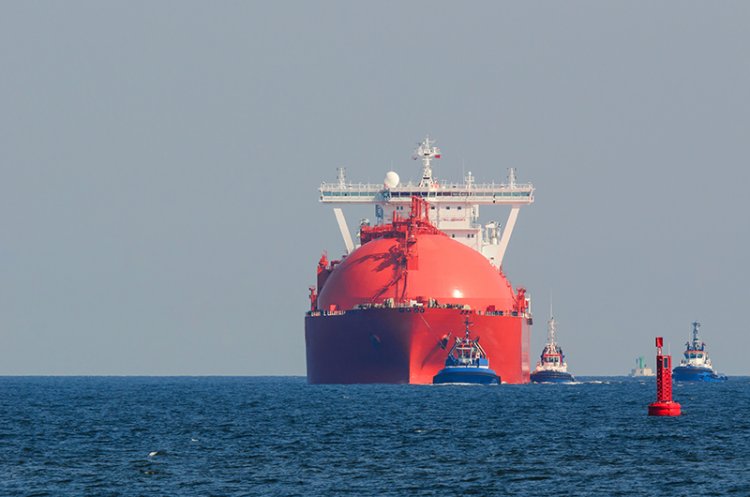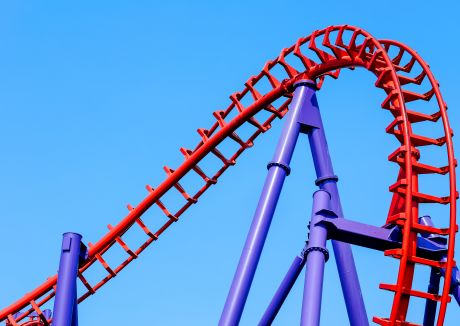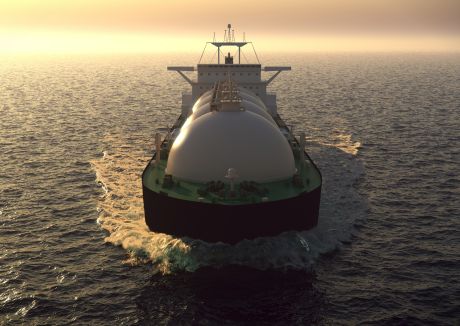Europe is often referred to as the “market of last resort” for LNG supply due to European LNG prices tending to be the lowest on offer globally (if you exclude the US). It is also a large/liquid gas market and seen as the most likely destination for LNG volumes that are surplus to global requirements. In 2016 many market observers expected to see the start of a surge of LNG heading to Europe as a result of accelerating LNG supply growth, but this has not yet materialised. Has this been deferred to 2017 or even 2018?
Global LNG supply has already increased by circa 6.1% from 245 mt in 2015 to around 260 mt in 2016. The main increase has come from the ramp-up of Australian LNG projects and Sabine Pass, which are estimated to have contributed around 15 mt of LNG in 2016. The overall supply increase has been lower than many expected at the start of the year. A Gas Strategies outlook published in LNG Business Review in January 2016 predicted 22 mt of new supply in 2016. This estimate included both an increase from new trains starting operation, as well as increased volumes from trains that were commissioned in 2015. But this increase has been hampered by projects such as Gorgon LNG having teething issues and the delay of Malaysian FLNG. Furthermore, Angola LNG is still exporting well under name plate capacity, with export volumes amounting to only 0.50 mt so far in 2016.
Despite the slower than expected growth in LNG supply, we have seen volatile spot prices globally in 2016 with UK NBP gas prices ranging between $3.50-6.00/MMBtu and Asian spot LNG prices ranging from $4.50-6.80/MMBtu. The dramatic swing in prices, particularly in the UK in 2016 indicates how fragile Europe may be when exposed to surplus LNG volumes. Prices have begun to stabilise through the start of Q4 2016, but this may be only a brief boost to prices due to some largely temporary factors which are discussed below.
Even with this volatility, 2016 supply growth could be considered to have been absorbed by the global market without major disturbance – in North West Europe prices have recently strengthened to around $6.00/MMBtu supported by a number of reasons, including:
- Higher coal prices – which are up 60% since this time last year – supporting increased gas demand in power generation in Europe and hence tightening the supply and demand balance
- Asian demand has been stronger than expected with four nuclear plants being shut down in South Korea, as well as cold weather and two major domestic pipeline outages in China
- Extended outages at 22 nuclear reactors in France have not only increased gas demand, but also demand for power exports (from thermal generation) from the UK, Germany and Spain
- European flexible gas supply has been reduced due to the 24 Bcm cap on Groningen production and the Rough storage outage in the UK
A crucial question to ask is: when will LNG supply growth lead to a wave of LNG supply into Europe and renewed downwards pressure on global LNG prices?
The story in 2017 maybe different to that of 2016, with estimates of 36 mt of additional supply entering the market next year, followed by an additional 40+ mt in 2018. The most significant volumes in 2017 will notably come from the ramp up of supply from trains which came on stream in 2016 specifically; APLNG T2, Gorgon T1, Sabine Pass T1 & T2 and MLNG T9, as well as the start-up of new projects and trains expected in early 2017 which include Petronas FLNG, Sabine Pass T3 and Gorgon T3. Additional volumes are also likely from Angola LNG.
Without radical changes in the market this supply build through 2017 has the potential to hit prices as we enter a period of weaker seasonal demand in Q2 and Q3. This could suggest that current forward gas prices in Europe for delivery in 2017 are overpriced given that they are higher than prices in Q2 and Q3 2016.
Q2 and Q3 2017 will most certainly be an interesting period to watch for the LNG industry and we expect LNG supply growth to begin to cause pain for some LNG buyers/capacity holders. However, as we have seen in 2016, delayed liquefaction project start-ups and unanticipated demand growth could still yet keep the market in a relative state of balance in 2017 and defer these challenges to 2018.
Gas Strategies is a global specialist professional services organisation providing commercial energy advisory services across all continents, through consulting, training and information services.
If you would like more information about how Gas Strategies can help your business with Consulting services across the value chain or provide industry insight with regular news, features and analysis through Information Services or help with people development through Training services, please contact us directly.









